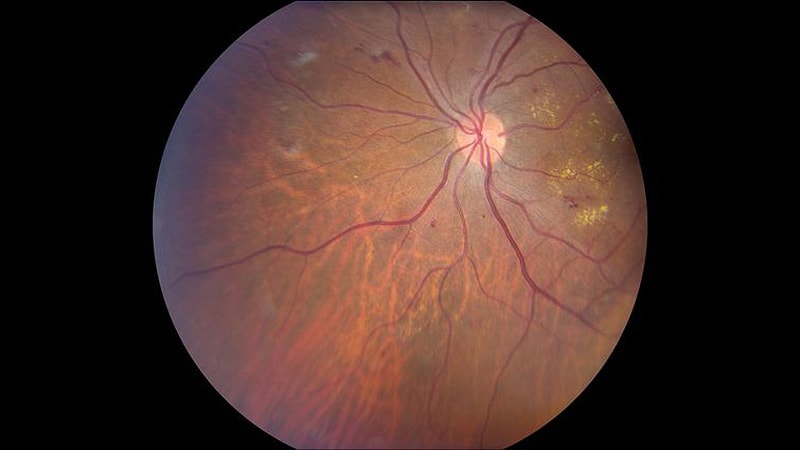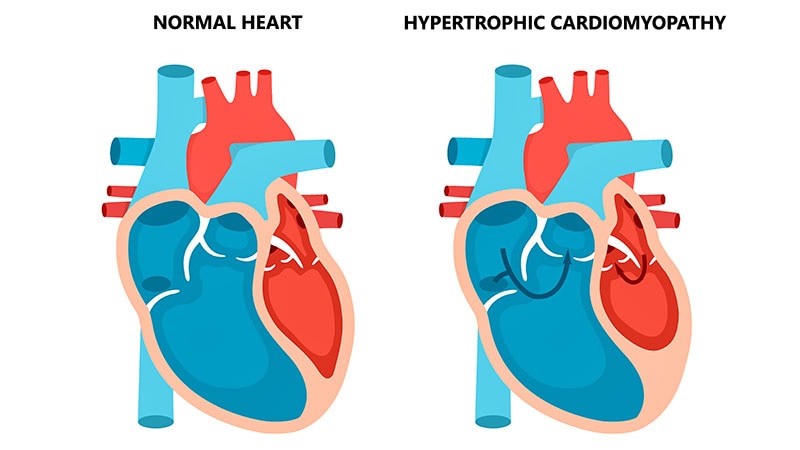Takeaway
- In participants with type 2 diabetes (T2D) and chronic kidney disease (CKD), canagliflozin reduces major cardiovascular events and renal outcomes with or without baseline cardiovascular disease (CVD).
Why this matters
- Effects of sodium glucose co-transporter 2 inhibitors are uncertain in people without prior CVD.
Study design
- In CREDENCE, 4401 participants with T2D (49.6% primary prevention) and CKD (estimated glomerular filtration rate 30 to <90 mL/minute/1.73 m2 and albumin:creatinine >300-5000 mg/g) were randomly assigned to canagliflozin or placebo (+optimized standard of care), mean follow-up 2.62 years.
- Funding: Janssen Research & Development, LLC.
Key results
- Compared with placebo, canagliflozin reduced overall risk of cardiovascular death, nonfatal myocardial infarction, or nonfatal stroke:
- 9.9% vs 12.2%;
- HR, 0.80 (P=.01);
- Similar results for the individual components.
- Effects were consistent for primary and secondary prevention groups, respectively:
- HR, 0.68 (95% CI, 0.49-0.94); and
- HR, 0.85 (0.69-1.06; P-interaction=.25).
- Canagliflozin reduced renal outcomes overall (HR, 0.66; P<.001), and similarly in primary and secondary prevention groups (nonsignificant P-interaction values).
- No difference from placebo in overall risk of fracture (HR, 0.98; 95% CI, 0.70-1.37) or amputations (1.11; 0.79-1.56), with similar findings in primary and secondary prevention groups.
Limitations
- Low statistical power for some subgroups.
- No formal CVD assessment.
References
References



